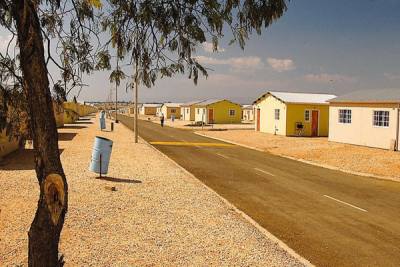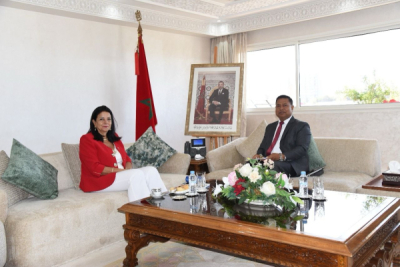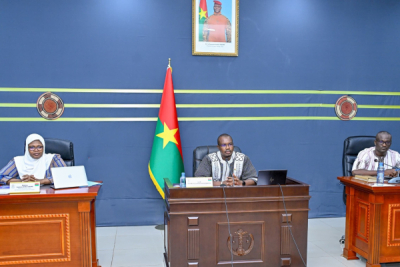- Mauritius launches inter-ministerial committee to coordinate national digital transformation strategy.
- Committee focuses on digitizing schools, public alerts, social benefits, and protecting vulnerable users.
- Island nation ranks highly in e-governance, AI readiness, and digital infrastructure in Africa.
The Mauritian government has established an inter-ministerial committee to coordinate the implementation of its national digital strategy, unveiled in May 2025. The inaugural meeting of this new body took place on August 26 in Ébène, chaired by the Ministry of Information Technology, Communication and Innovation (MITCI).
The committee will serve as a single point of contact to ensure coherence across various ministries involved in the digital transformation. Discussions at the meeting focused on several priority areas, including the digitization of schools, the establishment of a national public alert system, the development of a platform for managing social benefits, and reducing delays in public service delivery. Authorities also emphasized the critical need to protect vulnerable populations from online abuses.
This initiative aims to accelerate the modernization of Mauritian administration and strengthen the state's capacity to offer more efficient and inclusive services. It comes as African nations increasingly adopt e-governance programs to enhance public service quality and support their broader digital transformation efforts.
Mauritius has consistently demonstrated strong performance in digital development. In 2024, the Republic of Mauritius ranked 76th globally for its online administration development, placing it at the forefront in East Africa, according to the United Nations Department of Social Affairs. The island nation also secured the 69th position globally and 2nd in Africa for its AI readiness, surpassing South Africa and Morocco, as reported by UK-based consultancy Oxford Insights. Furthermore, the International Telecommunication Union (ITU) positions Mauritius as the 3rd in Africa for its digital infrastructure development.
Should these projects progress as planned, the island nation is poised to further solidify its position in digital governance. This momentum is also expected to bolster citizen confidence in digital administration.
This article was initially published in French by Adoni Conrad Quenum
Adapted in English by Ange Jason Quenum



















